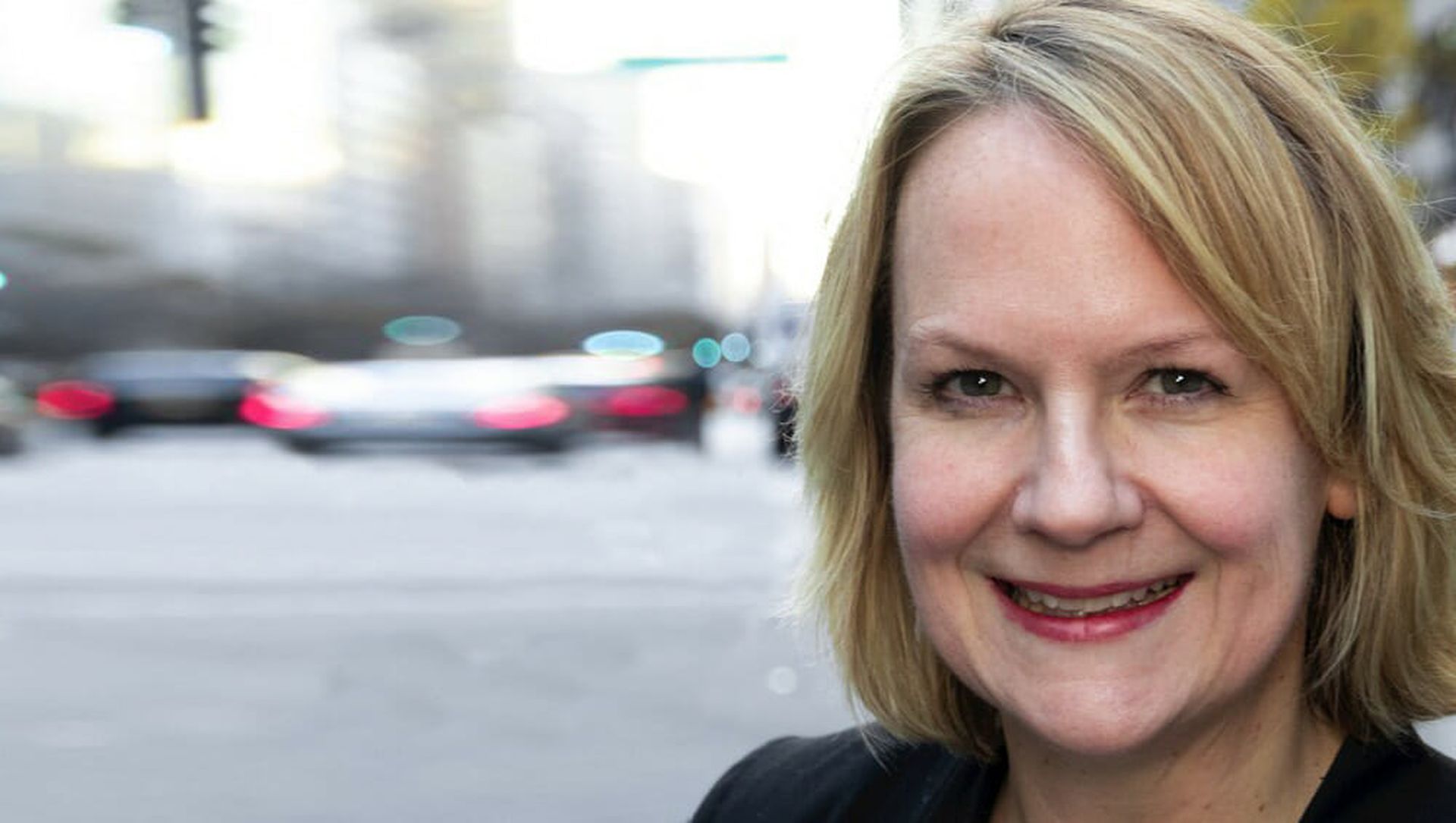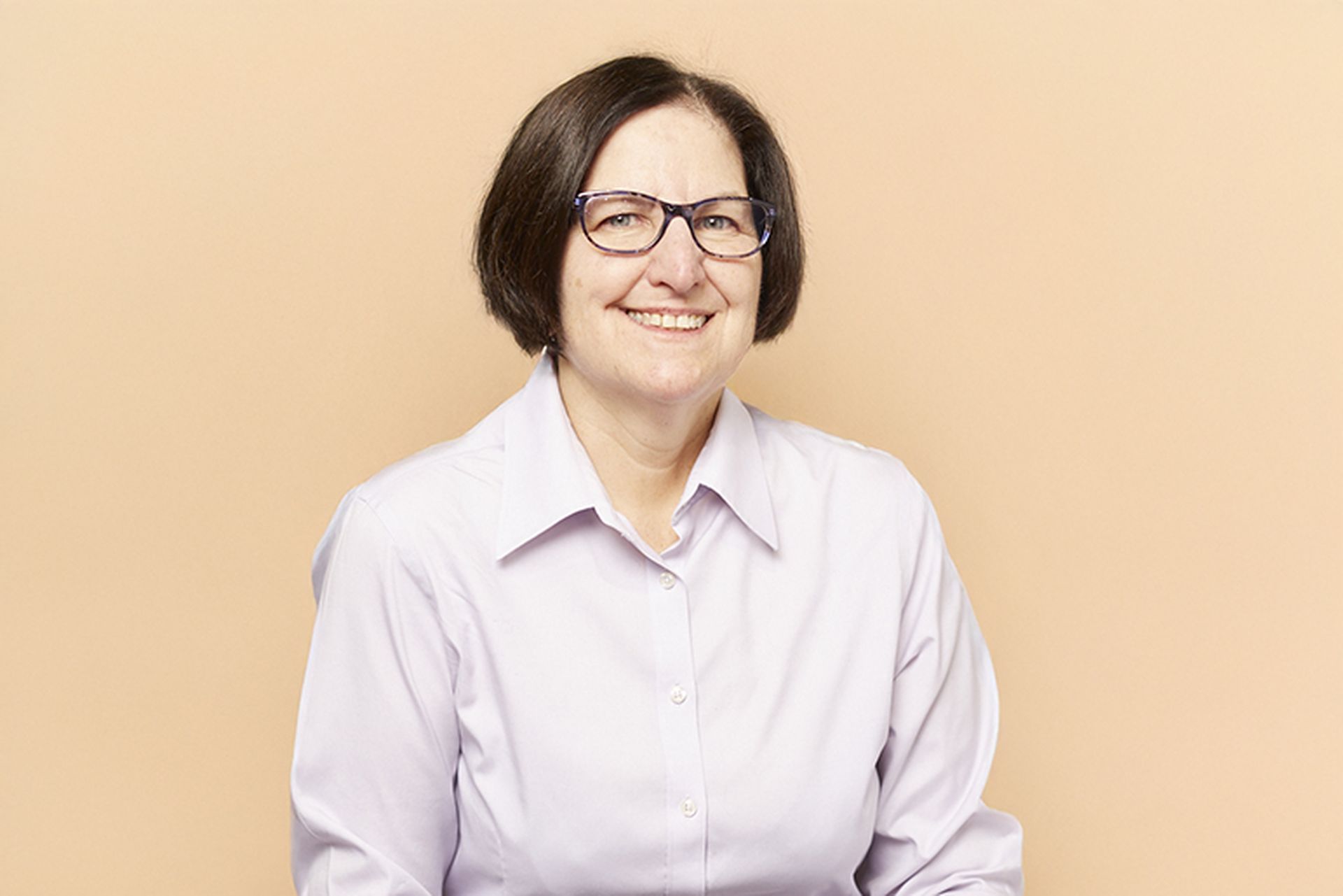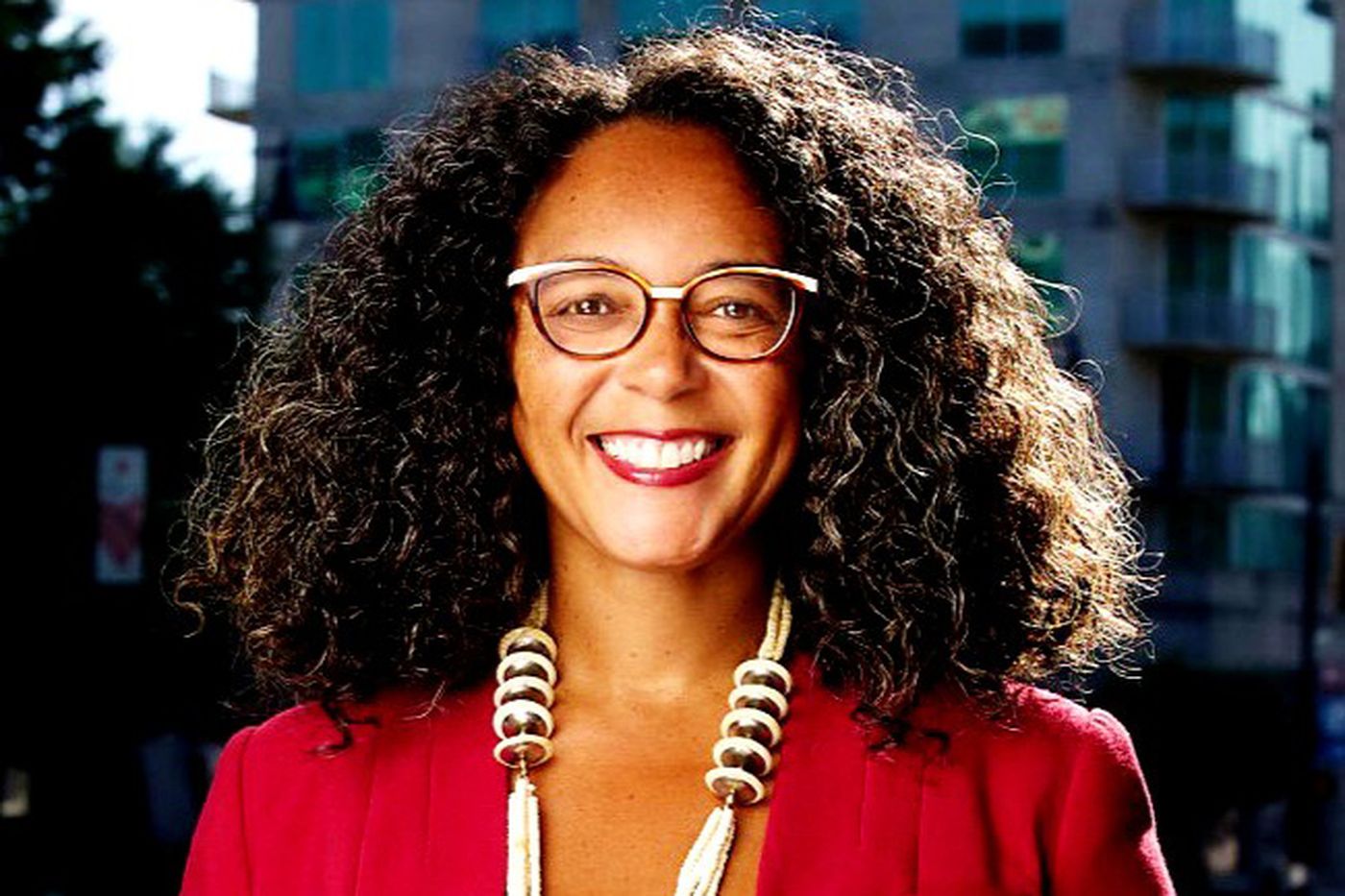Cybersecurity crosses all verticals, but the regulations and even threat landscape can differ. It’s common, therefore, for security professionals to stick with what they know: those in health care often stay in health care, those in government often stay in government, and so on and so on.
So, a chief information security officer who diverts to a new market after a couple decades – that’s “a certain type of person,” says Lucas Nelson, a partner at venture capital firm Lytical Ventures.
Click here for complete coverage of SC Media's 2020 Women in IT Security
The certain person who he is referring to is Lisa Markey, vice president and global head of cyber risk and solutions at Estée Lauder. Markey, unfortunately, was unavailable to speak for this profile, but comments from peers and colleagues spoke volumes about her strength and confidence and indeed – her ability apply her expertise across verticals.
“Lisa understands how cyber and data systems affect all firms in a deep and real way, while so many other CISOs really have no clue,” says Nelson, who tapped Markey as a technical advisor on cybersecurity investments.
Markey joined the cosmetics company nearly a year ago, after 20 years in finance – seven years each at Lehman Brothers and Barclays, and six at Sherman and Sterling, ultimately serving as CISO at the latter. She built out a security operations center at Leiman Brothers “at a time when many companies were just beginning to understand the necessity and requirements of security operations,” says Roselle Safran, CEO and founder of KeyCaliber and entrepreneur in residence at Lytical.
So why switch?
“I think she saw that the move could lead to bigger and better things over time,” says Nelson. “It’s that feeling where you are at the top of the hill but see an opportunity to reach a higher peak. The decision is one that aligns with what he describes as “her innate curiously and desire to learn.” It’s also why she is a natural fit for the venture community.
“If you work with a VC, you’re going to get asked about things you don’t know about almost by definition,” Nelson continues. “On the one hand it puts you on the cutting edge; on the other, you need to be willing to say ‘I am not familiar. Let me go figure it out.’ It’s stretching the skill set.”
To feel comfortable with transitions requires more than a confidence in one’s own expertise. There needs to be an understanding about the nature of business at large – a quality that arguably can determine the success or failure of any business executive.
As one former colleague of Markey’s explains: “She keeps her people informed of what is going on in business and how that is driving security decisions; she tries to make sure that the security team isn't in a bubble.”




